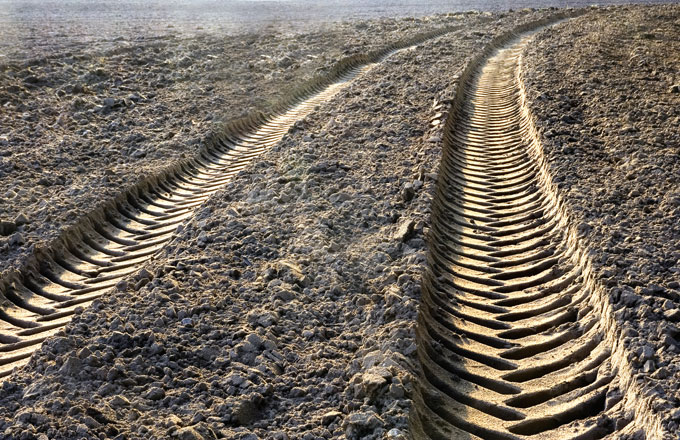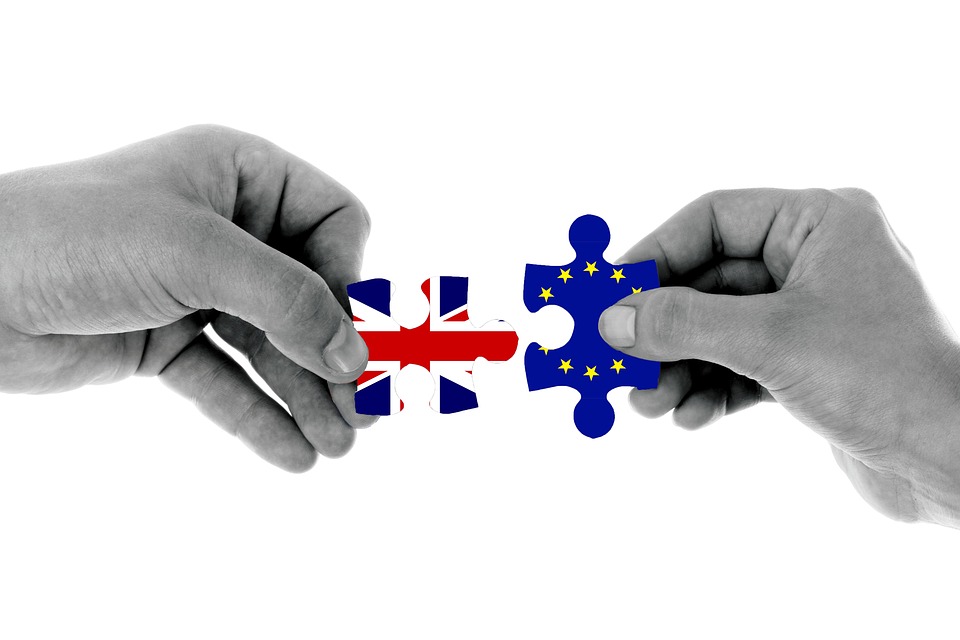What’s the deal with the Shell ruling?

27 May 2021
Yesterday was a monumental day in climate news.
Investors from Chevron put pressure on the company to cut its emissions. Directors demanding climate action ended up on the official board of Exxon Mobil. Over in The Hague, a Dutch court ruled that Shell had to cut emissions by 45 per cent over the next ten years.
There’s a lot to unpack.
For the moment, we’re going to stick with that last bombshell development – the Shell ruling.
We had lots of questions, so we tuned into a press conference, did some research and compiled it all below.
How exactly did this case come about?
Back in 2018, Friends of the Earth Netherlands (Milieudefensie) demanded Shell stop its oil and gas extraction and warned that if the Anglo-Dutch company refused to do so, they would be seeing Friends of the Earth in court.
Shell is an oil giant, and alongside ExxonMobil, BP and Chevron, was identified as one of the highest emitting investor-owned companies since 1988 in a 2017 study.
The organisation delivered a court summons to Shell in April 2019, and later found the reply they received to be deeply unsatisfactory.
“Shell once again takes no responsibility for the disproportionate role it plays in aggravating the climate crisis. Shell claims to embrace the Paris Climate Agreement but, in reality, plans to invest ten times more in fossil fuels than in sustainable energy in the coming years,” Friends of the Earth Netherlands’ Director Donald Pols said at the time.
An official court hearing was announced early on in 2020, amounting to what Friends of the Earth were calling a “public showdown”.
Four public hearings took place throughout December of last year, and the case had the backing of over 17,000 Dutch co-plaintiffs.
Friends of the Earth argued that Shell is threatening long-standing human rights by knowingly blowing the chance of global warming staying below 1.5 C.
They specifically said that Shell was violating Articles 2 and 8 of the European Convention on Human Rights, which include the right to life.
There was also a notable precedent already laid in the Netherlands with the landmark Urgenda case.
The Dutch Appeals court sided with the Urgenda Foundation in 2019 and found that a failure to achieve climate targets was a human rights violation.
And just six months later, we had a verdict.
So what was the ruling?
Yesterday, a court issued their ruling in The Hague and sided with Friends of the Earth. It was the first time a judge ordered a company to comply with the Paris Agreement, an international commitment to keep global temperature rise to 1.5 C.
When it came to targets, the judge ruled that Shell has to slash its emissions by 45 per cent over the next ten years. The court also found that Shell is responsible for consumer emissions, which is also known as scope 3 emissions and the emissions of its suppliers.
The judgment said that Shell must reduce its carbon dioxide emissions by 45 per cent within 10 years.
And there’s no time for Shell to waste. The judgment said the company has to comply immediately given the current inadequacy of its climate policy.
The lawyer for Friends of the Earth Netherlands Roger Cox called it a “turning point in history”.
“This case is unique because it is the first time a judge has ordered a large polluting company to comply with the Paris Climate Agreement. This ruling may also have major consequences for other big polluters,” he said.
Wow. So this is huge, right?
Absolutely.
At a press conference that was held shortly after the ruling was issued, Friends of the Earth Netherlands Director Donald Pols said that the judgment showed, “what was once considered impossible five years ago has become reality today.”
The ruling could have major consequences for other high-emitting companies if cases are taken against them, and it appears that’s exactly what Friends of the Earth hopes happens next.
Mr. Cox called the outcome a “double win” as it means Shell will have to change its own practice and the pressure is mounting on other high-emitting companies.
It’s also a big deal because of the consumer-and-supplier element, meaning the blame cannot be shifted onto individual consumers.
In that sense, the ruling has the potential to be “revolutionary”, according to Mr. Cox.
What happens now?
So like we said earlier, the court has ordered Shell to start working on its 45 per cent emissions cut right away.
However, Shell can appeal the ruling as reports are coming in that it’s expected to do so.
The appeal will take two years approximately, but Friends of the Earth are expecting the ruling to stand.
The evidence supporting the case has only increased since the case was introduced, according to Mr. Pols.
He cited the recent International Energy Agency report which found that no further oil and gas infrastructure should be allowed online if the world is to achieve the aforementioned 1.5 warming target.
Mr. Pols also referred to a German court ruling that was issued just last month which ordered the country to implement a more ambitious climate policy.
[x_author title=”About the Author”]







